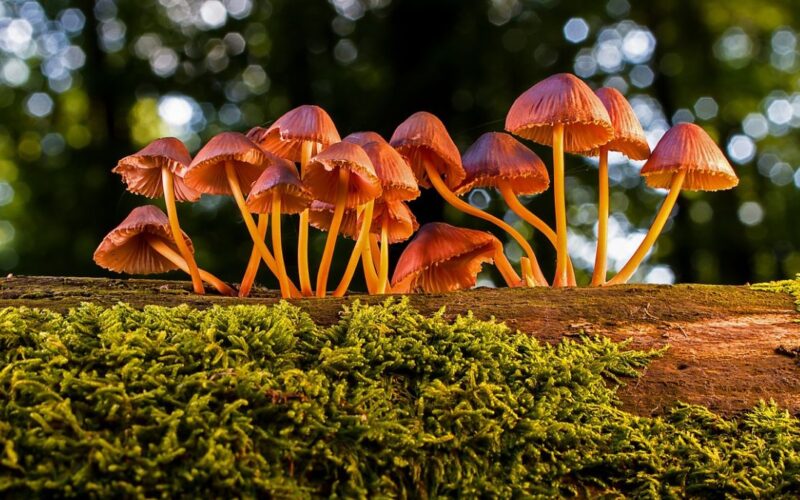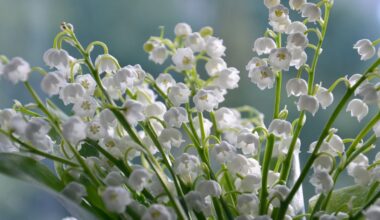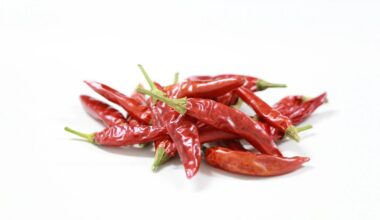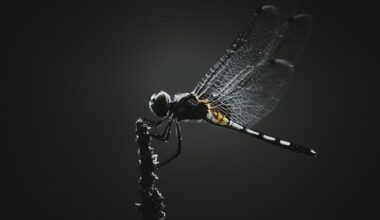Mushrooms, often hidden in the shadows of the forest floor or popping up unexpectedly in our gardens, belong to a mysterious kingdom, the fungi kingdom. These humble yet remarkable organisms have captivated human curiosity for centuries. In this article, we delve into the top 10 intriguing facts about mushrooms that showcase their diverse roles in nature, culture, and cuisine.
Fungi Kingdom Diversity
Mushrooms are just one small part of the vast and diverse fungi kingdom. While we often associate fungi with mushrooms, this kingdom encompasses a wide array of organisms, including yeasts, molds, and even microscopic species. The fungi kingdom plays essential roles in nutrient cycling, decomposition, and symbiotic relationships with plants.
Mycology – The Study of Fungi
The scientific study of fungi, known as mycology, explores the biology, ecology, and taxonomy of these organisms. Mycologists, scientists who specialize in mycology, unravel the complexities of fungi and their various roles in ecosystems. As our understanding of fungi grows, so does our appreciation for the intricate web of life in which mushrooms play a crucial part.
Edible Mushrooms – Culinary Delights
Mushrooms are not only fascinating in their ecological roles but also serve as delectable ingredients in cuisines worldwide. From the earthy flavor of Portobello mushrooms to the delicate taste of enoki mushrooms, the culinary world embraces a diverse range of edible mushrooms. These fungi not only add depth to dishes but also offer nutritional benefits, being low in calories and rich in vitamins, minerals, and antioxidants.
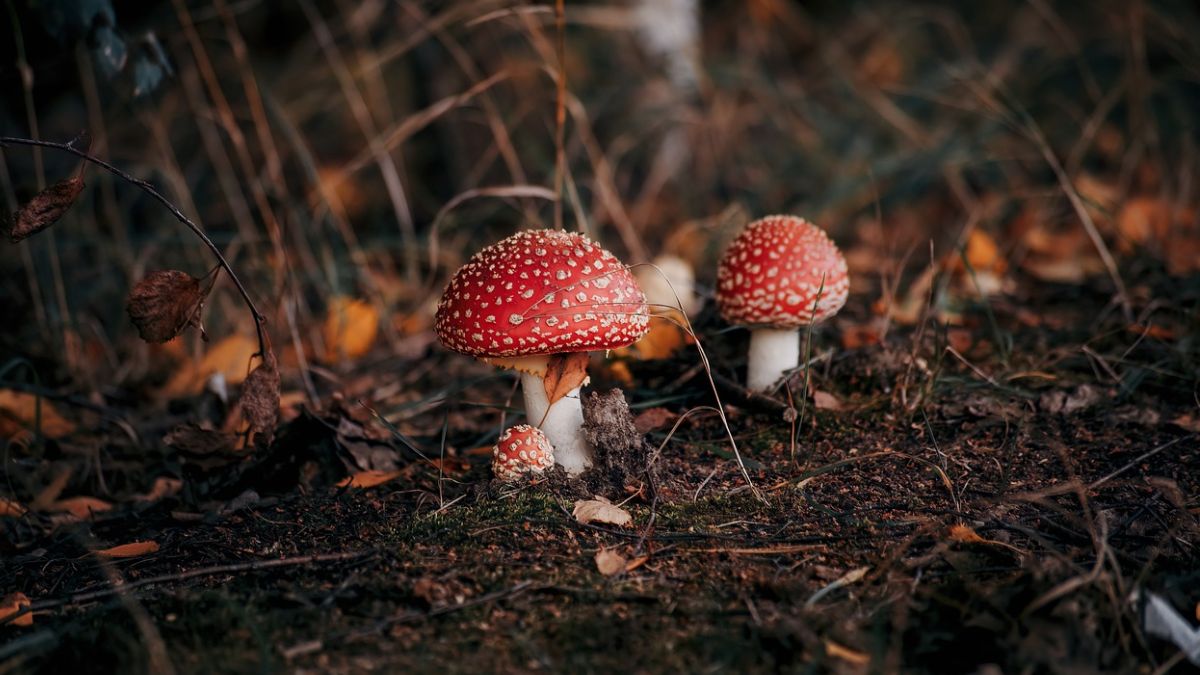
Medicinal Mushrooms – Healing Powers
Beyond their culinary uses, certain mushrooms have long been recognized for their medicinal properties. Traditional medicine systems, especially in Asian cultures, have utilized mushrooms like reishi, shiitake, and maitake for their potential health benefits. Modern research is uncovering the therapeutic properties of these medicinal mushrooms, revealing their immune-boosting, anti-inflammatory, and antioxidant effects.
Fungal Ecology – Nature’s Recyclers
Mushrooms play a crucial role in the ecosystem as decomposers, breaking down organic matter and recycling nutrients. Acting like nature’s recyclers, mushrooms help decompose dead plant material, contributing to the cycle of life in forests and other natural environments. Without fungi, the world would be buried in organic waste, emphasizing the importance of these unsung heroes in maintaining ecological balance.
Mushroom Cultivation – A Growing Industry
As the demand for both culinary and medicinal mushrooms increases, mushroom cultivation has become a thriving industry. Growing mushrooms involves intricate processes, including substrate preparation, inoculation, and careful environmental control. The cultivation of popular varieties like button mushrooms, oyster mushrooms, and shiitake has evolved into a sustainable and economically significant practice.
Mycorrhizal Relationships – Underground Partnerships
Many mushrooms form mycorrhizal relationships with plants, creating a fascinating underground partnership. In these symbiotic associations, the fungus assists the plant in nutrient absorption, while the plant provides sugars to the fungus. This mutually beneficial relationship is essential for the health and vitality of numerous plant species, highlighting the intricate connections that exist beneath the surface.
Fungal Folklore and Symbolism
Mushrooms have been woven into the fabric of human culture for centuries, often carrying symbolic meanings and folklore. In various traditions, mushrooms are associated with mystical properties, fairy rings, and even magical realms. They appear in myths, fairy tales, and religious ceremonies, showcasing the enduring fascination and cultural significance of these enigmatic fungi.

Toxic Mushrooms – A Cautionary Note
While many mushrooms are edible and beneficial, some species can be toxic or deadly if ingested. Accurate identification is crucial when foraging for wild mushrooms, as toxic varieties may closely resemble edible ones. The adage “all mushrooms are edible, but some only once” underscores the importance of caution and knowledge when exploring the world of wild mushrooms.
Psychedelic Mushrooms – Altered Realities
Certain mushrooms, like psilocybin-containing species, have been used for centuries in religious and shamanic practices for their psychoactive effects. Psilocybin mushrooms can induce altered states of consciousness and profound spiritual experiences. Modern research is exploring the therapeutic potential of these mushrooms in treating mental health conditions, opening new avenues for understanding the mind-altering properties of fungi.
Mushrooms stand as remarkable organisms that bridge the worlds of science, cuisine, and folklore. From their mycorrhizal partnerships with plants to their potential healing powers, mushrooms continue to capture our imagination and contribute to the intricate tapestry of life on Earth. As we explore the world of fungi, we gain not only a deeper understanding of nature but also a newfound appreciation for the mysterious and multifaceted realm of mushrooms.
